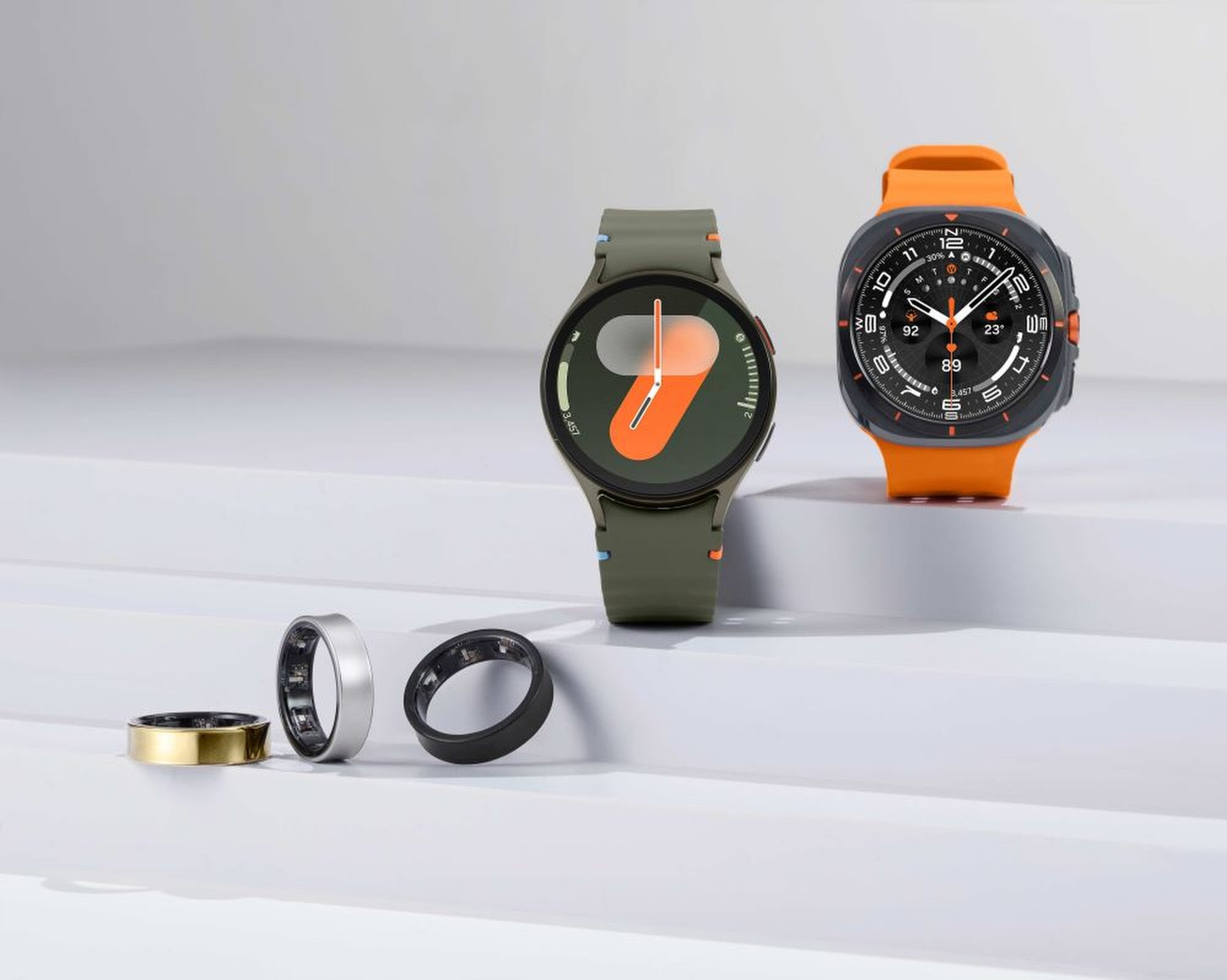Cupertino, California-based Apple remained No 1 in that market in the first quarter, despite a decline in sales of the Apple Watch and AirPods during the period, according to research firm IDC’s wearables shipment report published last month.
“It’s a lighter-weight option for health tracking, and I’m quite curious to know up to what degree it can replace smartwatches [for that purpose],” he said.
Samsung set the price of its smart ring on the mainland at 3,099 yuan (US$425), according to Chinese media. The company, however, labelled the gadget as “out of stock” on its China website as of Thursday afternoon.
“But I’ll only consider [buying such a product] if any domestic company follows up [with a smart ring of its own].”
Before the Galaxy Ring’s launch, Chinese consumers have shown interest in smart rings from some smaller vendors such as Oura, Ultrahuman and RingConn.
The Korean firm ranked dead last among the market’s major handset vendors by 2018, with just a 1 per cent share, and has since remained around that level.

Samsung’s latest product launch is expected to help “foster consumer habits” in the nascent smart ring market, with the potential to widen market penetration, according to a research note by TF Securities on Wednesday.
Still, it remains to be seen whether the Galaxy Ring can establish a leading position in its category or be surpassed by the competition.
Apple has accelerated the development of its own smart ring and registered patents related to this device, according to a report by Korean media ETNews in February. Apple has yet to make an announcement on this new wearables segment.






